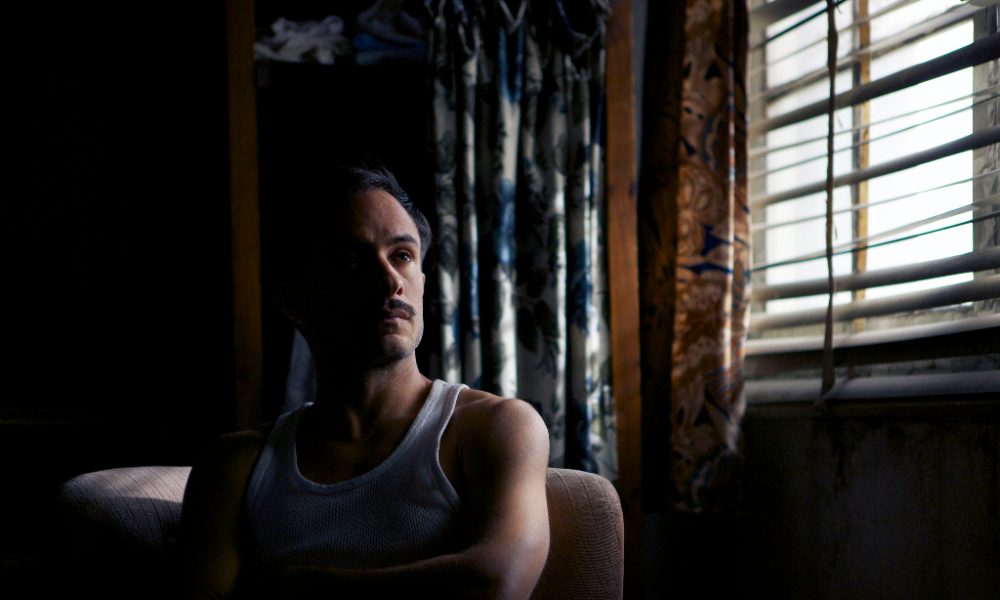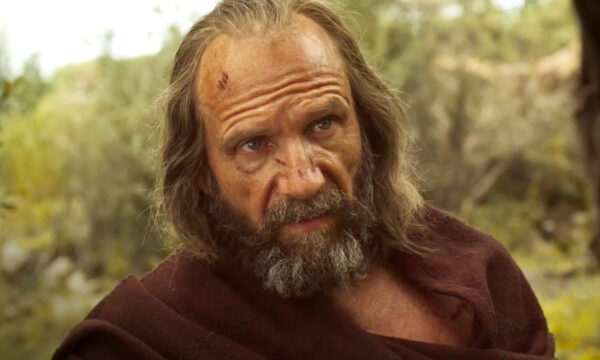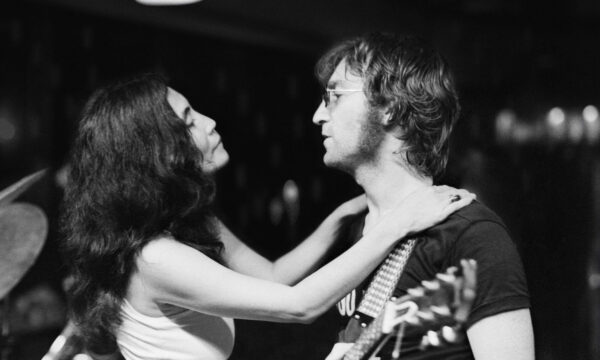Neruda

If one goes to see Neruda expecting a standard biopic then they will be disappointed. Pablo Larraín has labelled his film a “false biopic”, and has talked about the freedom he felt after admitting to himself that, after all the research, he was not any clearer on who Pablo Neruda was. The result is a playful mashing together of ideas and themes from biographies, autobiographies and essays about the politician, with fictional elements that the director has constructed.
The movie opens in 1948, with Pablo Neruda, a Communist and a senator, publicly condemning the Chilean President Gabriel Gonzalez Videla for abandoning communist ideals to appease the US. Subsequently decried as an enemy of the state, he has to go into hiding. The narrative then follows the protagonist as he flees with his artist wife, Delia (Mercedes Moran), whilst being chased by a vain detective, Oscar Peluchonneau (Gael Garcia Beranal). The pursuit at first seems conventional until viewers are told that Oscar is a fictional character created by the diplomat himself, which adds an interesting existential element to the film.
The creation of Oscar serves as a mirror in which to examine the contradictory nature of the Chilean poet-diplomat. Neruda the romantic, who sips champagne, recites poetry at glamorous parties and brothels and who is at the whim of his sensuous passions. This side of his character is often presented in tension with his political side – most noticeably in an interaction with another Communist party member who questions his growing stature as the antithesis of the values of the party. Larrain has talked of his desire to capture the “rage and the fury” of the man’s more political work, which is less well known outside of the South American continent than his love poems. During his time on the run, Neruda was writing the Canto General, his grandest work, that blended poetic and political writing, which portrayed the history of Chile to be a struggle against oppression. Neruda, the movie says, became a symbol for liberty and a voice for the voiceless.
Larrain’s cinematography is very atmospheric, at times using elements of film noir to add to the smoky and shady detective scenes. This is contrasted with grand vistas of the Chilean landscape that reflect the influence that the grand geography of the country had over Neruda’s writing. Larrain offers an intriguing and playful portrayal of one of South America’s most celebrated writers, and it is definitely worth a watch.
Patrick Laredo
Neruda is released nationwide on 7th April 2017.
Read our interview with director Pablo Larraín here.
Watch the trailer for Neruda here:

























Facebook
Twitter
Instagram
YouTube
RSS